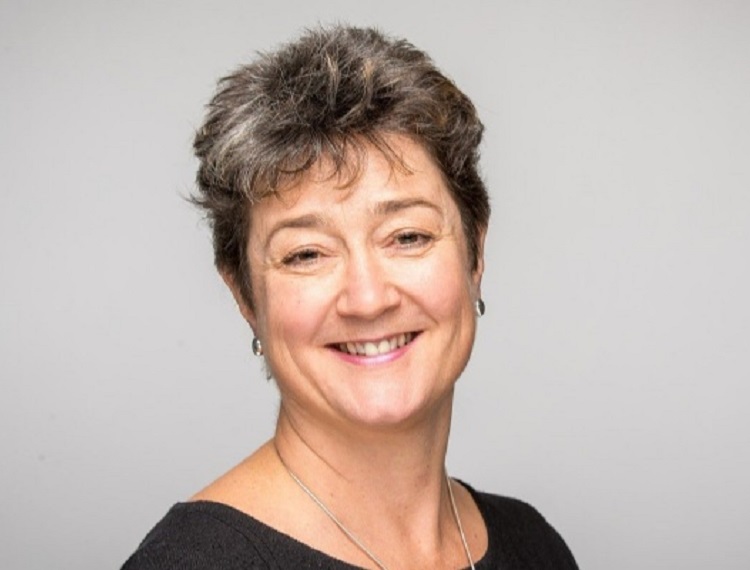In the spirit of Ada Lovelace, we are calling for a more diverse UK tech industry

As we celebrated Ada Lovelace Day this week (12 Oct), I think it is a good time to pause on the contribution of women working in STEM (Science, Technology, Engineering and Mathematics). I hope that by shining a light on individuals such as Susan Wojcicki, CEO of Youtube, Kimberley Bryant, founder and CEO of Black Girls Code, and Dr Sue Black, founder of #techmums, we can inspire the next generation of digital talent.
Widely regarded as the world’s first computer programmer, Augusta Ada King, Countess of Lovelace, was an English mathematician and writer. Born in 1815, she is chiefly known for her work on Charles Babbage’s proposed computer, the Analytical Engine. Ada was the first to understand the applications of the computer beyond calculations, devising an algorithm to be used by the machine.
Ada was a pioneer, someone who would not be held back. That is the essence of our existence at Ada, the National College for Digital Skills. Our movement, in her name, means we provide an employer-focused education which is free to attend.
At Ada we have built a community of young digital pioneers, and a pipeline of talented young students for the technology industry. We build close relationships with the tech teams in many leading companies so that all our learners, no matter their background, can develop a deeper understanding of the tech opportunities open to them.
While the event is about celebration, we should take the time to reflect on what can be done to bring about more diversity within the industry. We have proven at Ada that with support anyone can achieve, however industry-wide we have seen that’s not the case and that talented individuals from diverse backgrounds are being left out. 34% of Ada’s apprentices are women compared with 20% women nationally, and 23% of our sixth formers studying computing A-levels are female compared with 14.5% nationally.
To mark the day, we are calling for a 50% Women in Tech Target so that there is an increased proportion of women in the sector. Currently, there are approximately 19% women in the UK tech sector as a whole, and the talent pipeline needs to be developed and nurtured throughout their careers to increase this over the coming years.
To ensure that we have more women entering the tech industry, we must break the stigma that the technology sector is just for men. A survey conducted by Tech City UK found that approximately a quarter of female respondents felt that a career in technology was not for ‘people like them’.
While the event’s focus is on women, if we look at ethnic diversity in the industry it is unfortunately not much better. According to a Diversity in Tech survey, approximately 4% of the UK technology workforce is from a Black, Asian and minority ethnic background (BAME), despite BAME adults making up approximately 14% of the working age population.
Greater diversity in the sector is not only an intrinsic good, it can also benefit the industry. Management and Consultancy firm, McKinsey & Company, in their Diversity Matters report stated that companies with high levels of ethnic and cultural diversity were 33% more likely to outperform their competitors. And there is a huge shortage of digital skills in the UK, with the high levels of job vacancies holding back economic progress, and the competition for talent driving salary inflation.
By remembering a trailblazer like Ada Lovelace, we can look at the UK tech industry and have an honest conversation about the barriers people face and how we can improve diversity in the workforce.
Tiffany Hall, Chair of Ada, National College for Digital Skills











Responses